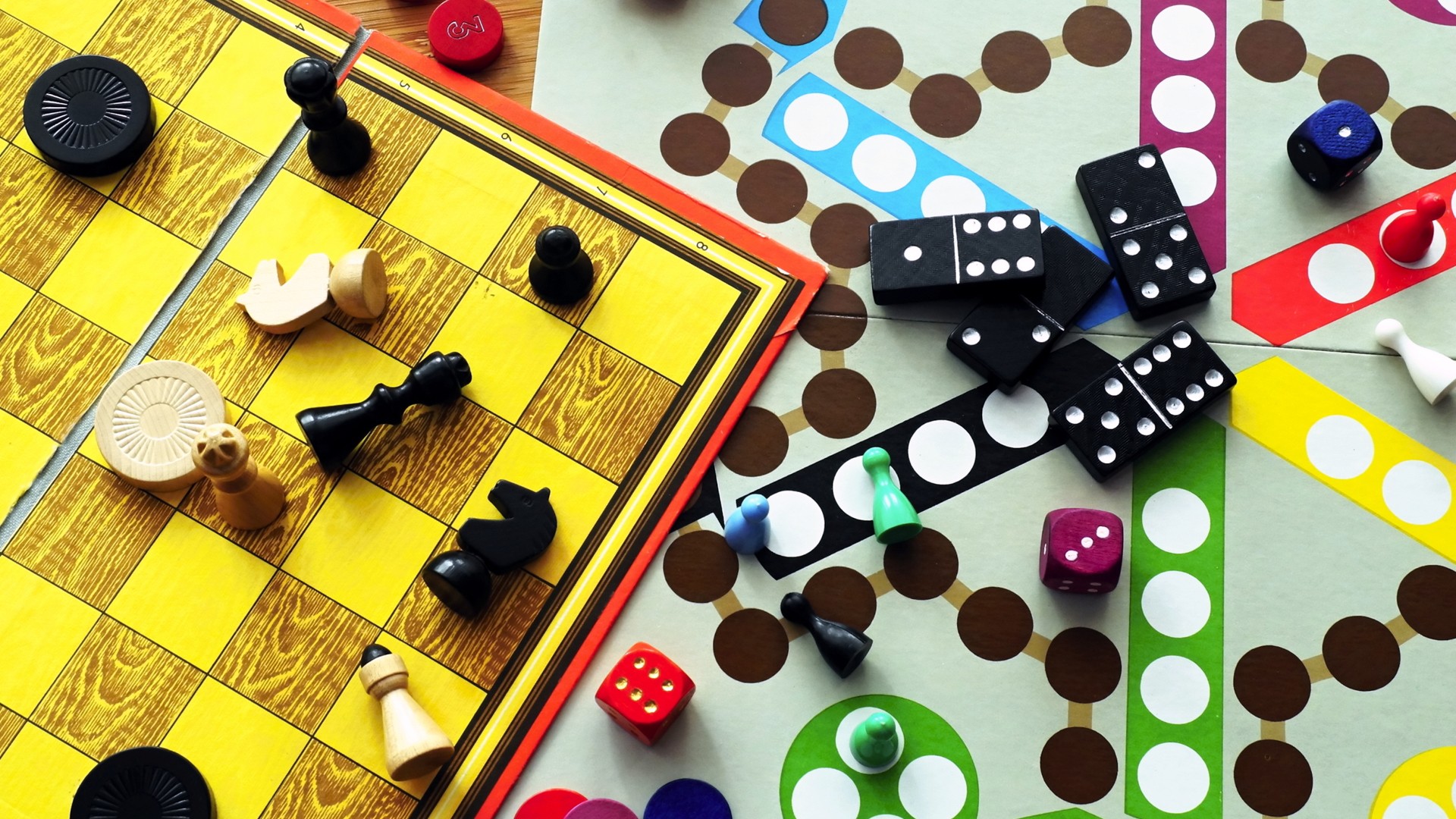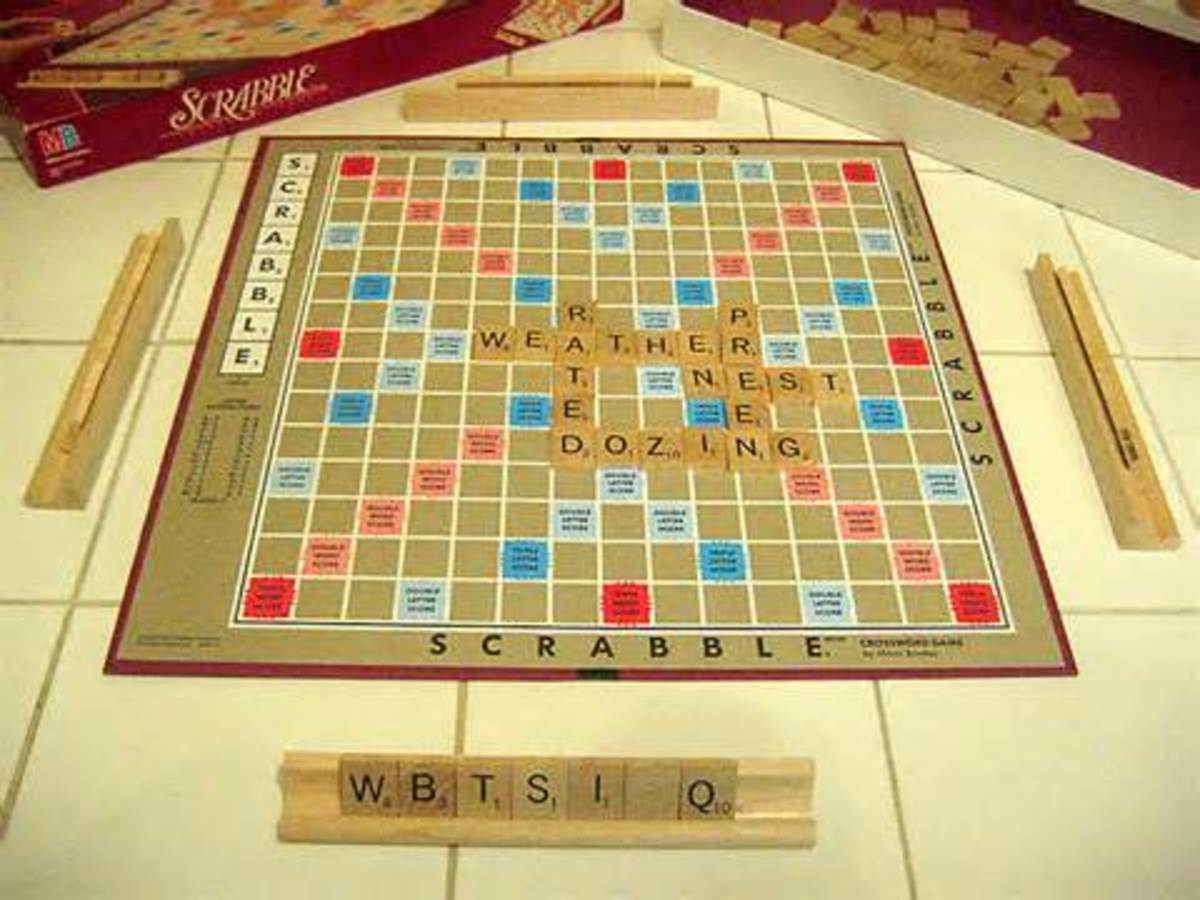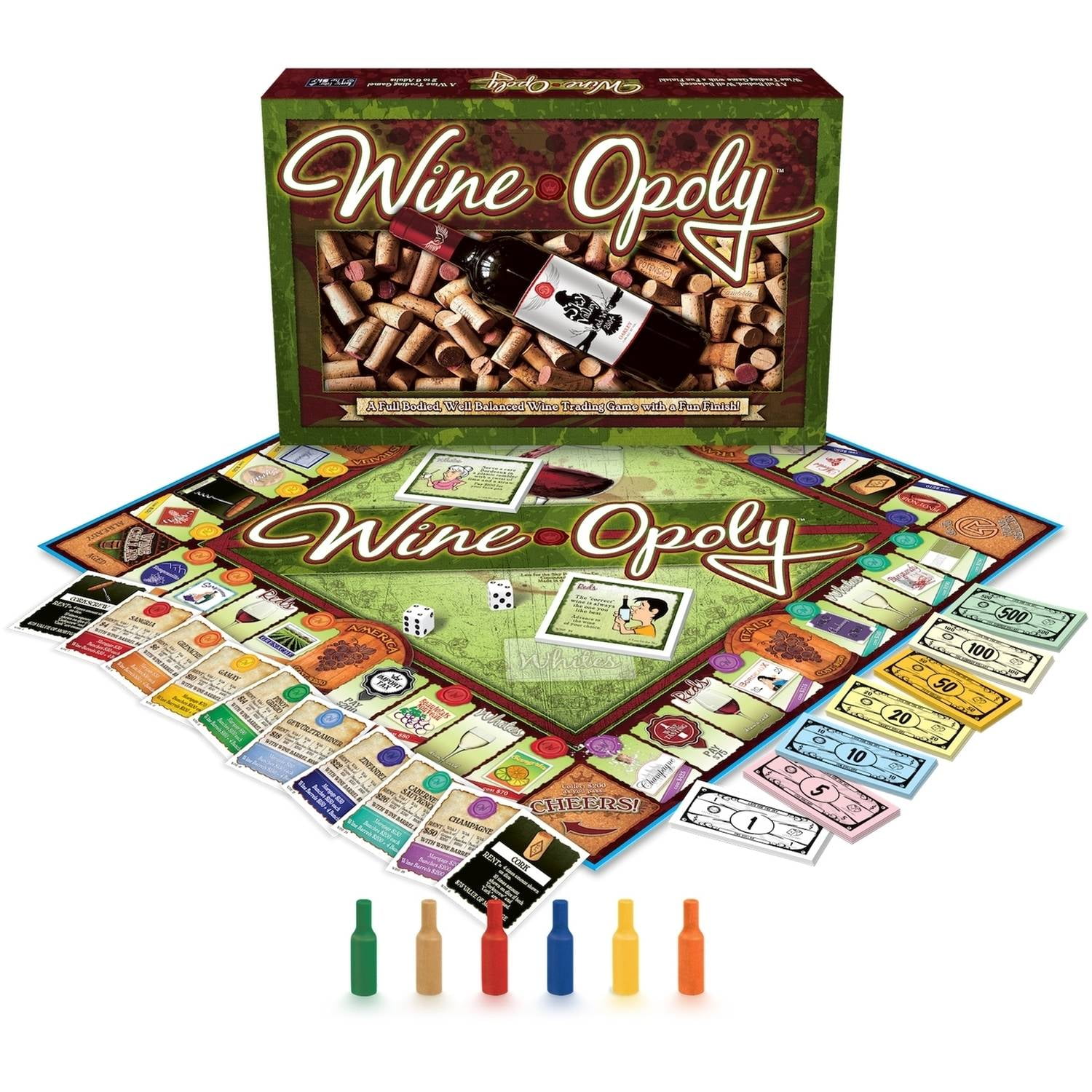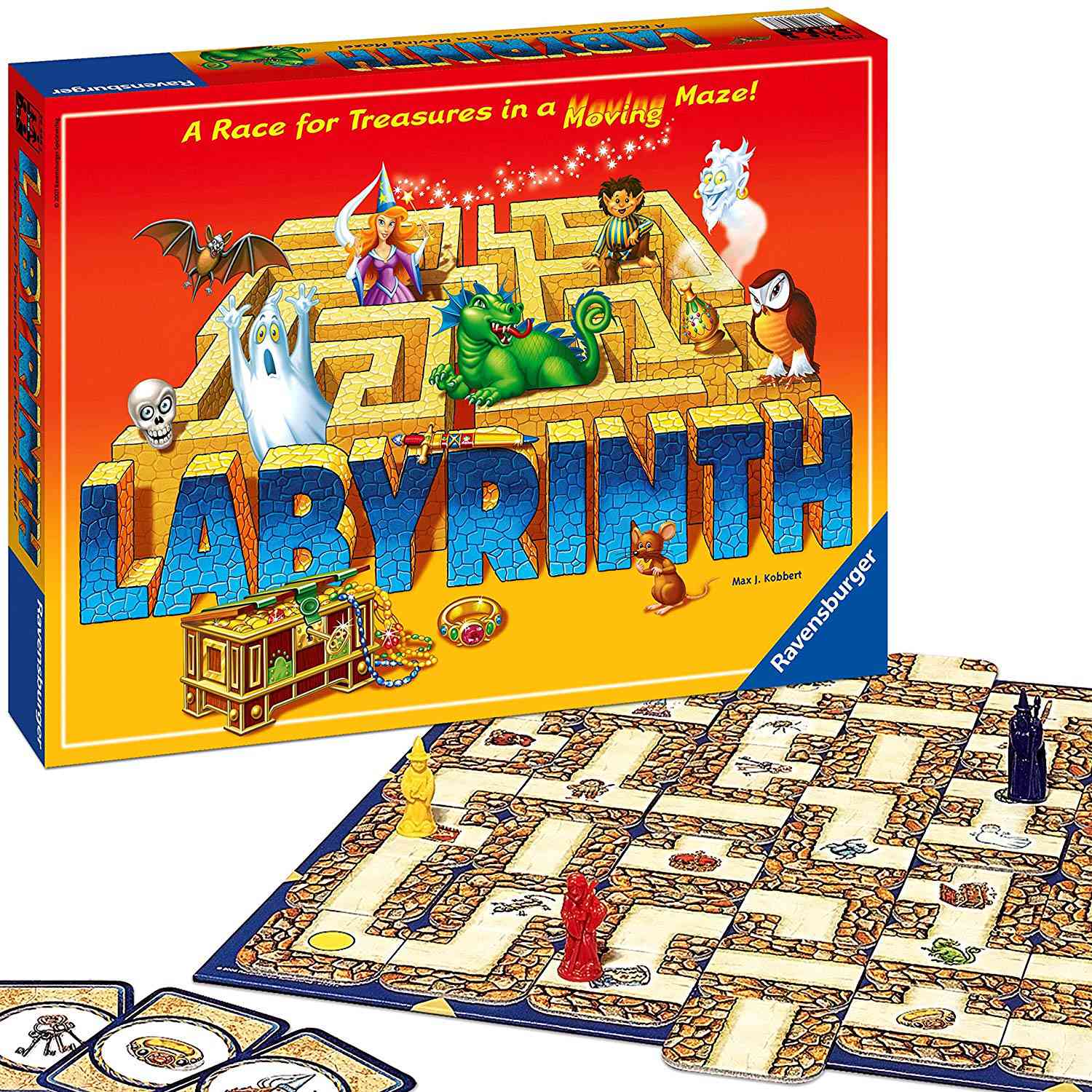I. Introduction

A. Highlighting the enduring popularity and cultural significance of board games
Board games have been a beloved form of entertainment for centuries, providing joy, challenge, and social interaction for people of all ages. Their ability to bring people together and foster competition and camaraderie has made board games a timeless pastime with a lasting cultural impact.
B. Exploring the evolution of board games over time and their impact on entertainment
Board games have evolved significantly throughout history, reflecting societal changes, advancements in technology, and shifts in entertainment preferences. By tracing the evolution of board games, we can gain a deeper understanding of their cultural significance and the ways in which they have shaped the world of entertainment.
II. Early Beginnings of Board Games
A. Ancient Origins
- Ancient Egyptian and Mesopotamian Games: The earliest known board games
Ancient civilizations, such as the Egyptians and Mesopotamians, played board games as early as 3,000 BCE. Games like Senet and Royal Game of Ur provided recreational enjoyment and a glimpse into the cultures and beliefs of these ancient societies. - Roman and Greek Influence: Spreading board gaming throughout the ancient world
The Romans and Greeks adopted and adapted board games from their predecessors, spreading the love for gaming throughout the ancient world. Games like Ludus Latrunculorum and Petteia became popular pastimes, offering strategic challenges and intellectual stimulation.
B. Medieval and Renaissance Eras

- Chess and Backgammon: Popular strategic games of the medieval period
During the medieval period, games like chess and backgammon gained popularity among the nobility. Chess, with its intricate strategies and rules, became a symbol of intellectual achievement, while backgammon provided a combination of luck and strategy. - Emergence of European Board Games: From Alquerque to Nine Men’s Morris
As Europe emerged from the Middle Ages into the Renaissance, new board games arose. Games like Alquerque and Nine Men’s Morris showcased the diverse gameplay and regional variations across Europe, becoming precursors to the modern games we know today.
III. Industrial Revolution and Modern Board Games
A. Global Expansion of Board Games
- Rebirth of Old Classics: Reviving traditional games in the 19th century
The 19th century saw a resurgence of interest in traditional board games, with renewed popularity in games like Snakes and Ladders and Checkers. These games provided simple rules and entertained people of all ages. - Parlour Games and Pastimes: Popular board games in Victorian and Edwardian households
Parlour games flourished in Victorian and Edwardian households, offering entertainment for gatherings and social events. Games like The Mansion of Happiness and Pit provided fun and amusement for families and friends.
B. The Rise of Modern Classics

- Monopoly: The birth of a worldwide phenomenon
The introduction of Monopoly in the early 20th century revolutionized the board gaming industry. Its innovative gameplay and theme of property acquisition captured the hearts and minds of players worldwide, becoming one of the most iconic and bestselling board games of all time. - Scrabble, Clue, and Risk: Post-World War II classics that shaped the modern board gaming landscape
In the post-World War II era, games like Scrabble, Clue, and Risk gained popularity, showcasing the diversity and variety of modern board gaming. These games offered different experiences, from wordplay and deduction to strategy and geopolitics, appealing to a wide range of players.
IV. Technological Advancements and Contemporary Board Games
A. Electronic and Digital Revolution
- Electronic Board Games: Blending traditional mechanics with electronic components
Electronic board games combine traditional board game mechanics with electronic elements. These games often feature interactive sound effects, electronic timers, digital displays, and automated gameplay features, enhancing the overall gaming experience. - Online Gaming: The rise of digital platforms and virtual board game experiences The advent of online gaming platforms has revolutionized the way board games are played. Virtual platforms like Board Game Arena and Tabletop Simulator allow players to connect and enjoy board games remotely, transcending geographical boundaries and enabling global multiplayer experiences.
B. Contemporary Trends and Innovation

- Eurogames and German Style Games: A shift towards strategy and resource management
Eurogames, also known as German-style games, focus on strategy, resource management, and minimal luck elements. These games emphasize player choice, intricate mechanics, and deep gameplay experiences, appealing to a wide range of players seeking more strategic challenges. - Cooperative and Narrative Games: Enhanced storytelling and collaborative gameplay
Cooperative and narrative-driven board games have gained popularity in recent years. These games emphasize teamwork and storytelling, encouraging players to work together towards a common goal and immersing them in rich thematic narratives.
V. Impact of Digital Transformation on Board Games
A. Mobile Apps and Online Platforms
- Accessibility and Convenience: Board games in the digital era
Mobile apps have made board games more accessible than ever before. Players can enjoy their favorite board games on smartphones and tablets, allowing them to play anytime, anywhere, and against computer opponents or real-life players from around the world. - Board Game Adaptations: Digital versions of popular board games
Digital adaptations of popular board games have become increasingly common. Games like Ticket to Ride, Catan, and Carcassonne have found success in the digital space, offering faithful adaptations of the original board games with added features like online multiplayer and AI opponents.
B. Hybrid Experiences and Digital Integrations

- App-Enhanced Board Games: Digitally-assisted gameplay and interactive components
App-enhanced board games integrate digital elements into traditional gameplay. These games utilize companion apps to facilitate gameplay mechanics, providing interactive storytelling, sound effects, and additional gameplay features that enhance the overall experience. - Virtual Reality and Augmented Reality: Immersive technologies transforming board gaming experiences
Virtual reality (VR) and augmented reality (AR) have the potential to transform the board gaming experience by creating immersive and interactive environments. VR headsets can transport players into virtual worlds, while AR overlay digital elements onto the physical board, creating a blending of the real and virtual realms.
VI. Conclusion
Technological advancements have had a profound impact on the world of board games, ushering in a new era of digital experiences and innovation. Electronic board games and online gaming platforms have made board games more accessible and allowed players to connect and enjoy gaming experiences remotely. Contemporary trends have seen a shift towards strategic Eurogames and cooperative, narrative-driven gameplay. The digital transformation has further expanded the reach of board games through mobile apps, online platforms, and digital adaptations.



